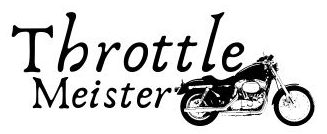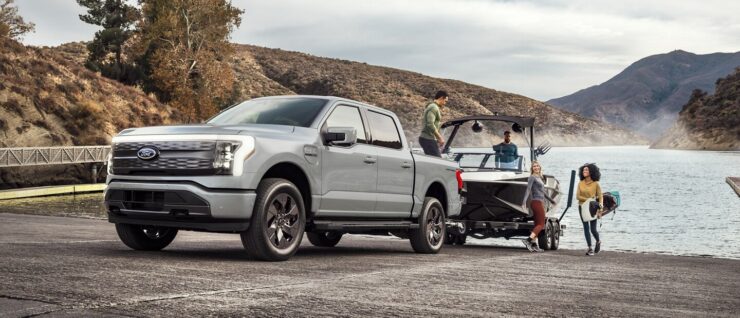Buying a used truck in Calgary can be an exciting and practical investment. Whether you’re a tradesperson looking for a workhorse or an outdoor enthusiast seeking adventure, finding the right used truck to match your towing and hauling needs is crucial. This guide explores the essential factors to consider when selecting a used truck that can handle your specific towing and hauling requirements.
Contents
- 1 1. Determine Your Towing Capacity Needs:
- 2 2. Know the Types of Used Trucks:
- 3 3. Consider the Engine and Transmission:
- 4 4. Review Axle Ratios:
- 5 5. Choose the Right Hitch and Trailer Brake Controller:
- 6 6. Suspension and Towing Packages:
- 7 7. Inspect Maintenance Records:
- 8 8. Test Drive and Evaluate Handling:
- 9 9. Check for Upgrades:
- 10 10. Consult an Expert:
- 11 11. Fuel Efficiency:
- 12 12. Terrain and Conditions:
- 13 13. Payload Distribution:
- 14 14. Warranty and Extended Coverage:
- 15 15. Consider Future Needs:
- 16 16. Safety Features:
- 17 17. Weight Distribution Hitch:
- 18 18. Review Towing Regulations:
- 19 19. Test the Trailer Compatibility:
- 20 20. Research Ownership Costs:
1. Determine Your Towing Capacity Needs:
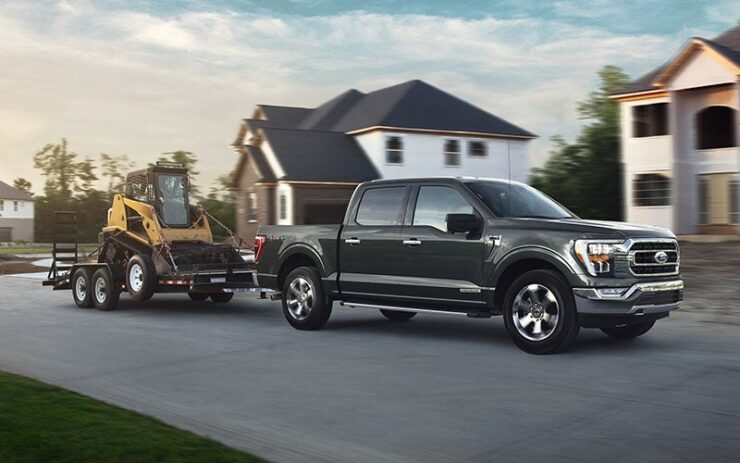
The first step in choosing the perfect used truck for your towing needs is understanding how much weight you’ll tow regularly. Consider the following factors:
- Trailer Weight: Calculate the weight of the trailers, boats, or other items you plan to tow. This weight will help you determine the minimum towing capacity you require.
- Payload Capacity: Payload capacity refers to the cargo weight you can carry in the truck bed. Be sure to account for the importance of passengers and any gear you’ll carry.
- Tongue Weight: If you tow a trailer, the tongue weight is the downward force the trailer exerts on the hitch. Ensure your truck can handle the tongue weight of your trailer.
2. Know the Types of Used Trucks:
Different types of trucks offer varying levels of towing and hauling capabilities. Here are some common types:
- Full-Size Trucks: Full-size trucks like the Ford F-150, Chevrolet Silverado, and Ram 1500 are known for their robust towing capacities. They are ideal for towing large trailers, RVs, or heavy equipment.
- Mid-Size Trucks: Mid-size trucks such as the Toyota Tacoma and Chevrolet Colorado offer a balance between towing capacity and everyday usability. They’re suitable for smaller trailers and recreational activities.
- Heavy-Duty Trucks: If you need maximum towing power, heavy-duty trucks like the Ford F-250, Chevrolet Silverado HD, and Ram 2500 can handle substantial loads.
3. Consider the Engine and Transmission:
The engine and transmission significantly affect a truck’s towing capability. Look for used trucks with machines designed for towing, such as V8 or diesel engines. Automatic transmissions with tow/haul modes can also enhance towing performance by adjusting shift points and engine power delivery.
4. Review Axle Ratios:
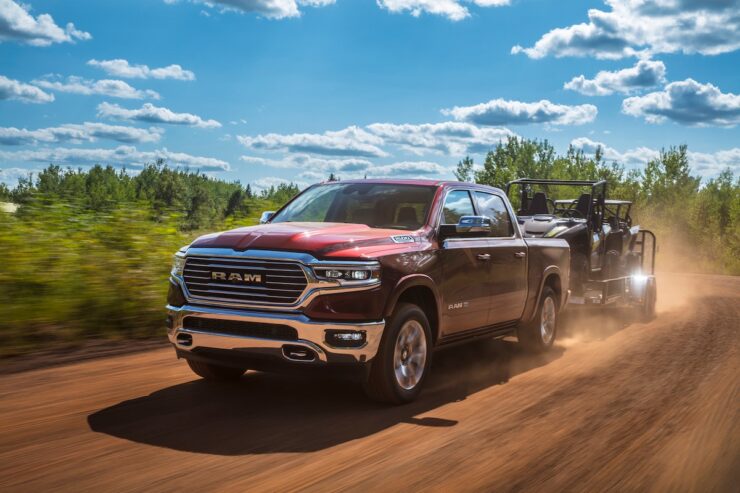
Axle ratios influence a truck’s towing and hauling abilities. A lower numerical axle ratio (e.g., 3.15:1) is suitable for fuel efficiency and daily driving. In contrast, a higher numerical axle ratio (e.g., 3.73:1) provides more towing power.
5. Choose the Right Hitch and Trailer Brake Controller:
Ensure that the used truck you select has an appropriate hitch receiver and a trailer brake controller. A compatible hitch and brake controller are essential for safe and efficient towing. Some trucks have built-in brake controllers, while others require aftermarket installations.
6. Suspension and Towing Packages:
Trucks with towing packages often feature enhancements like upgraded suspension, cooling systems, and integrated trailer sway control. Look for trucks with these packages, as they can improve your towing experience and safety.
7. Inspect Maintenance Records:
When buying a used truck for towing, thorough maintenance records are crucial. Check if the car has received regular oil changes, transmission servicing, and brake inspections, as these components are vital for safe towing.
8. Test Drive and Evaluate Handling:
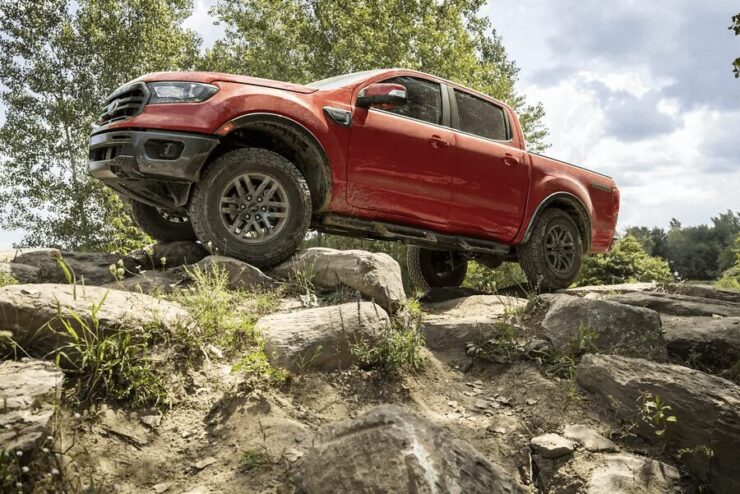
Before finalizing your purchase, take the used truck for a test drive. Please pay attention to how it handles under load, including acceleration, braking, and steering. Ensure that the car remains stable and responsive when towing a trailer.
9. Check for Upgrades:
Some used trucks may come with towing-related upgrades, such as aftermarket hitches, towing mirrors, or air suspension systems. These additions can be valuable for towing purposes.
10. Consult an Expert:
If you need clarification on which used truck is best for your towing needs, consider seeking advice from a trusted mechanic or towing expert. They can provide insights and recommendations based on your specific requirements. Certainly, here are some additional points to consider when matching your towing and hauling needs with the perfect used truck:
11. Fuel Efficiency:
Think about your fuel efficiency requirements. While larger trucks may offer greater towing capacity, they might also have lower fuel efficiency. Consider whether you need a balance between towing power and fuel economy.
12. Terrain and Conditions:
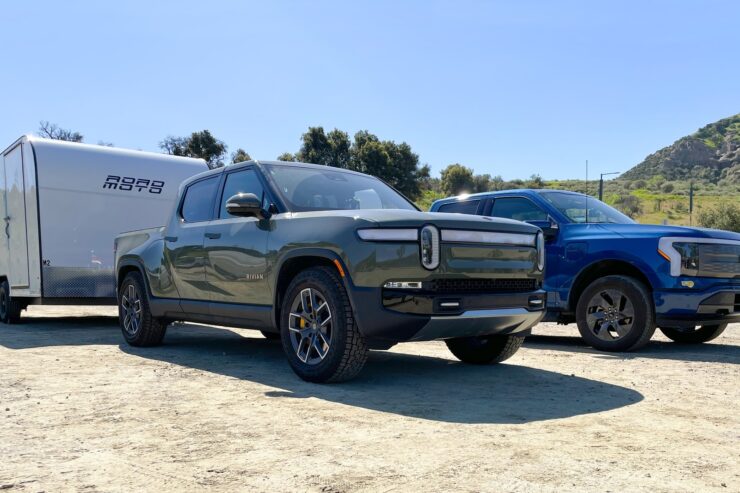
Assess the types of terrain and weather conditions you’ll encounter during your towing and hauling activities. If you plan to tow in hilly or off-road terrain, you may need a truck with additional features like four-wheel drive and off-road capabilities.
13. Payload Distribution:
Ensure that your chosen truck can distribute weight effectively. Proper weight distribution is crucial for safe towing. Trucks with features like air suspension or adjustable load-leveling systems can help maintain a level ride while towing.
14. Warranty and Extended Coverage:
Investigate whether the used truck you’re considering comes with any remaining warranty or if you can purchase an extended warranty or protection plan. This can provide added peace of mind, especially for towing-heavy activities.
15. Consider Future Needs:
Think about your long-term towing and hauling needs. While your current requirements may be modest, consider whether your needs might grow over time. Buying a truck with a bit more towing capacity than you currently need could save you from having to upgrade in the future.
16. Safety Features:
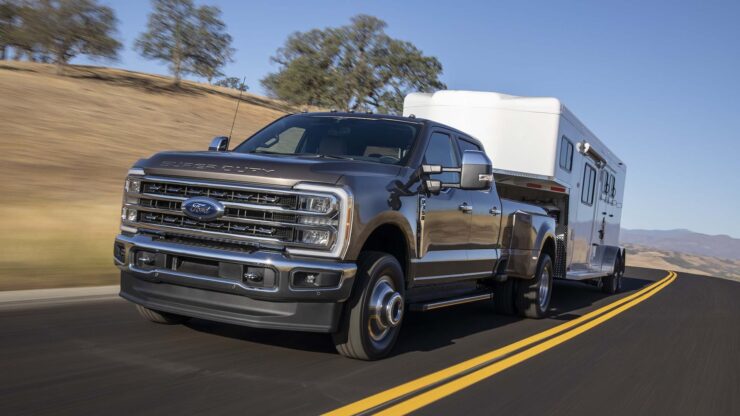
Look for trucks that come equipped with modern safety features like adaptive cruise control, blind-spot monitoring, and lane-keeping assist. These features can enhance your safety while towing, especially during long highway trips.
17. Weight Distribution Hitch:
If you plan to tow heavy loads, consider investing in a weight distribution hitch. This accessory helps distribute the trailer’s weight evenly across the tow vehicle and trailer axles, improving stability and control while towing.
18. Review Towing Regulations:
Familiarize yourself with towing regulations and requirements in your area, as they may specify certain equipment or weight limits for towing. Ensure your chosen truck complies with these regulations.
19. Test the Trailer Compatibility:
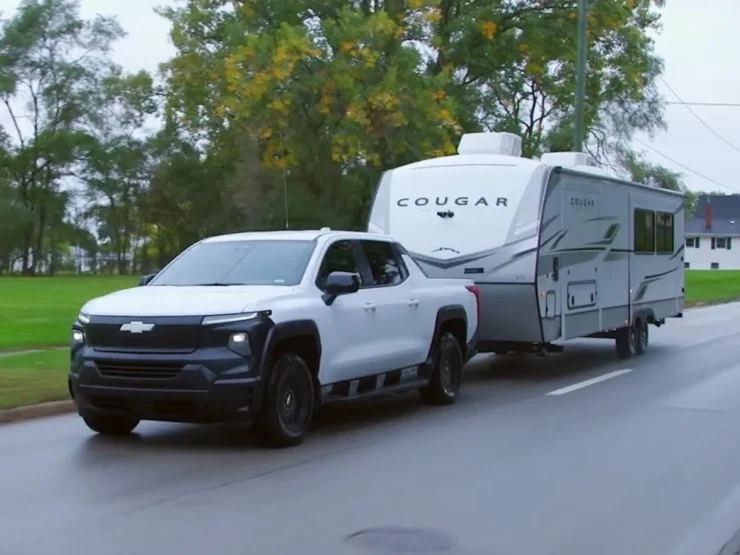
If you already have a trailer, make sure it’s compatible with the hitch and towing capacity of the truck you’re considering. Compatibility between the two is crucial for safe and efficient towing.
20. Research Ownership Costs:
Beyond the purchase price, research the long-term ownership costs of the truck, including insurance, maintenance, and potential repairs. Understanding these costs will help you budget for your towing and hauling needs effectively.
By carefully considering these additional factors, you can make an informed decision when choosing a used truck that perfectly matches your towing and hauling requirements. And remember, for a wide selection of quality used trucks and expert guidance in Calgary, to explore your options and find the ideal truck for your needs visit https://stampedeauto.com/.
